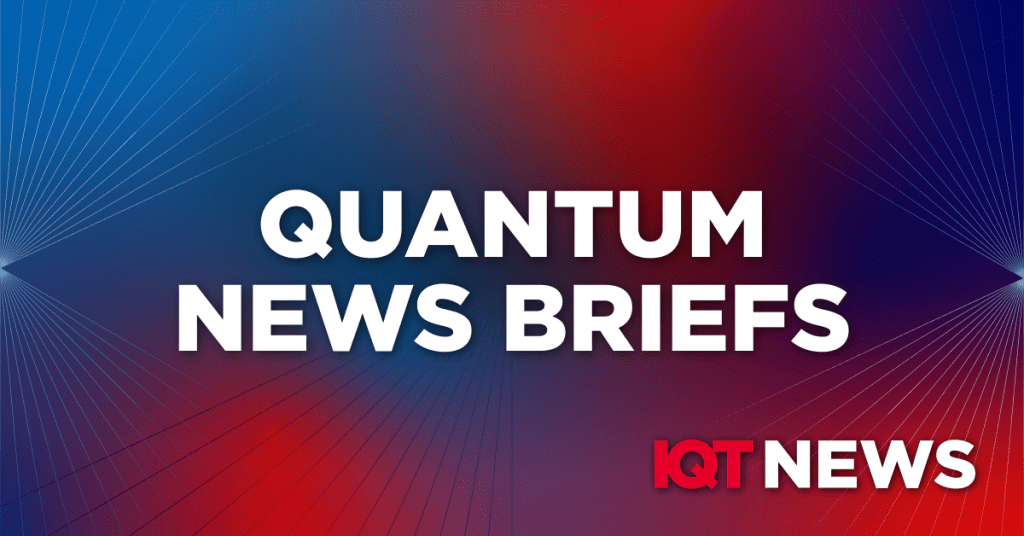Quantum News Briefs: May 4, 2024: press release summaries below:
Aquark Technologies wins £3.4 million Innovate UK contract to develop UK’s first commercial cold atom clock
Aquark Technologies, a UK-based quantum technology firm, has been awarded a £3.4 million contract by Innovate UK under the Small Business Research Initiative competition for its pioneering cold atom clock, AQlock. This initiative is part of a broader effort to develop quantum-enabled systems for positioning, navigation, and timing (PNT) to reduce reliance on Global Navigation Satellite Systems (GNSS), which are seen as vulnerable. AQlock distinguishes itself by utilizing a unique “super molasses” laser cooling method that enhances portability and commercial viability, unlike traditional cold atom clocks that require complex magnetic fields for operation. This development aligns with the UK’s strategic goals to bolster resilience in critical national infrastructure and advance the National Quantum Strategy. The project aims for extensive testing towards commercial readiness, with potential applications across sectors such as telecoms, defence, finance, and aviation.
Georgia Tech Physicists Pioneer New Quantum Sensing Platform
University of Turku Researchers find noise can improve the quality of quantum teleportation
Researchers from the University of Turku, Finland, and the University of Science and Technology of China, Hefei, have developed a novel approach to quantum teleportation that significantly improves its quality even in noisy environments. Their work, which focuses on the hybrid entanglement between photons’ polarization and frequency, not only mitigates the adverse effects of noise but uniquely turns it into a benefit for the teleportation process. This innovative method, published in Science Advances, allows for nearly perfect quantum state transfers, a crucial advancement given teleportation’s potential applications in secure quantum information transmission. This study, marking a notable step in quantum communication technology, demonstrates the successful application of this method through rigorous experiments, setting the stage for future advancements in overcoming noise challenges in various quantum protocols.
In Other News: Yahoo Finance article: “Global Quantum Computing Market to grow at a USD 5,714.80 million by 2032, with a remarkable CAGR of 19.1% from 2024 to 2032 says Polaris Market Research”
The Global Quantum Computing Market is experiencing rapid growth, valued at approximately USD 1,187.92 million in 2023 and projected to soar to around USD 5,714.80 million by 2032, with a robust CAGR of 19.1% from 2024 to 2032, according to a recent Yahoo Finance article citing a report by Polaris Market Research. This burgeoning field intersects computer physics, science, and mathematics, leveraging quantum mechanics to solve complex problems significantly faster than traditional computers. Notable applications include simulation of physical systems, optimization in finance, and machine learning enhancements. Major players in the market, like Google, IBM, and Microsoft, are propelling technological advancements. Europe currently leads the market, thanks to its strong infrastructure for quantum research and development, with significant growth also expected in the Asia Pacific region due to increased focus on technological innovation from countries like China and Japan.
